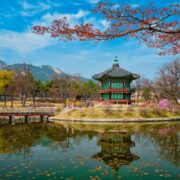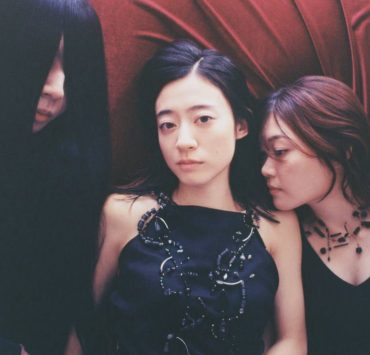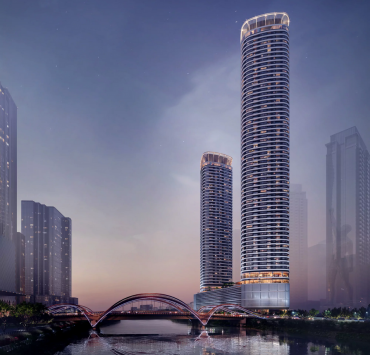Romeo and Juliet morph into Muslim lovers in Ateneo’s ‘Sintang Dalisay’
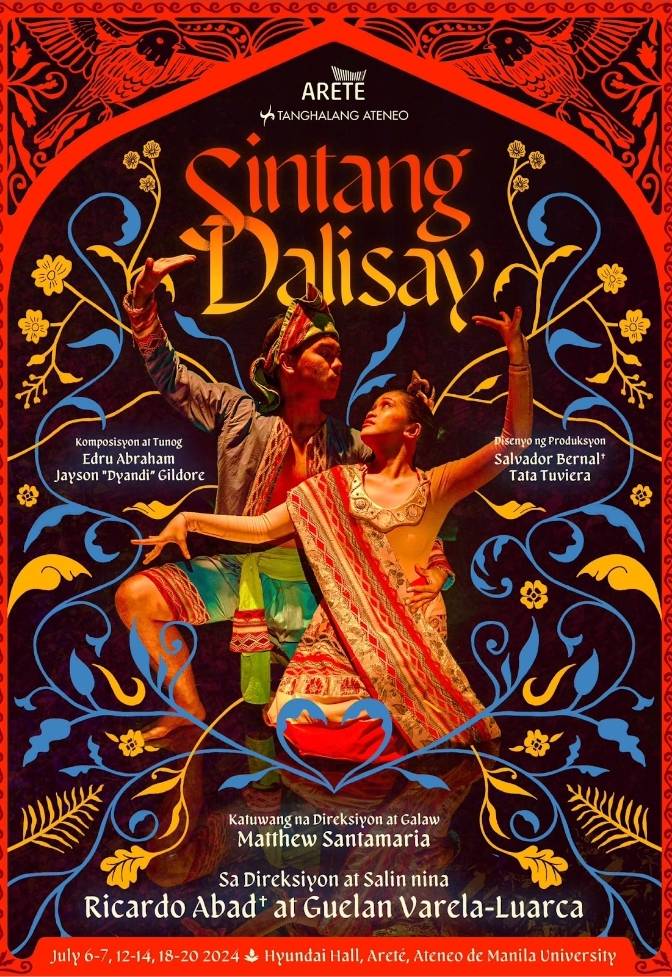
It was 2011; I was interviewing the Ateneo de Manila theater director Ricardo “Ricky” Abad. He and his Tanghalang Ateneo troupe had just returned from performing in an international drama festival in Belarus, Eastern Europe, one of the former Soviet republics (and still loyal to Russia).
They had performed “Sintang Dalisay,” a fresh take on Shakespeare’s “Romeo and Juliet,” in which the lovers from fair Verona are transformed into a romantic duo from an imaginary Muslim community.
As we talked, Abad could barely suppress his excitement as he recalled the Belarus experience. For some reason there was a lot of buzz about “Sintang Dalisay,” a musical play, actually a dance drama, and a lot was expected of them.
The Ateneo performers did not disappoint. The international audience was completely won over, and the production was much acclaimed.
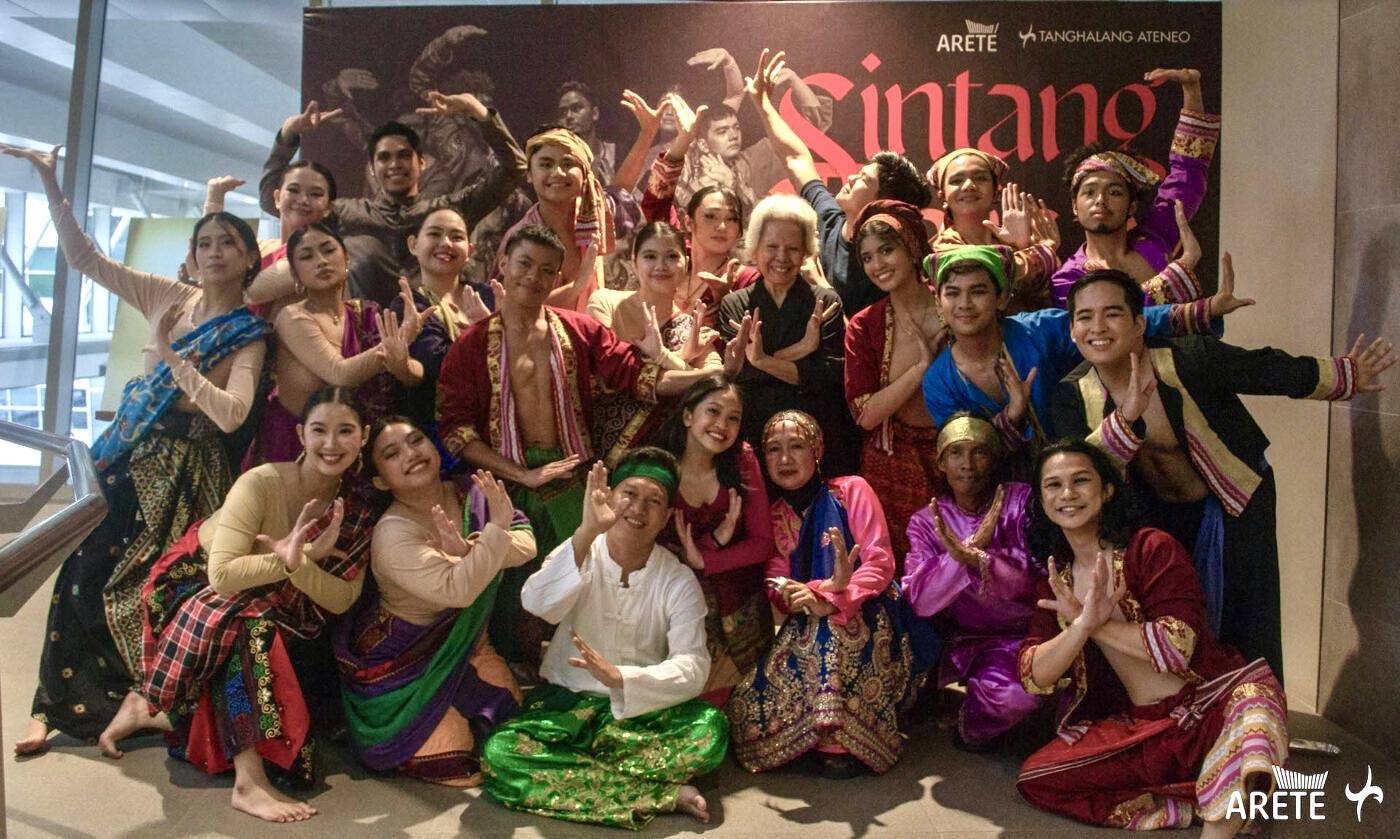
A few days later the play was restaged for the Ateneo community and students. And I was captivated by the colorful Muslim costumes and the choreography, those exquisite movement of the hands, the arms (port de bras), head and other parts of the body.
Shakespeare’s Romeo had become Rashiddin and Juliet (“it is the East and Juliet is the sun”) was now Jamila, tragic lovers in the Bard of Avon’s most romantic play.
And the feuding families were the Mustaphas and Kalimuddins.
Adaptation
Two years later, in 2014, the adaptation in dance form was brought to Taiwan, and then to Malaysia in 2016, followed by other reruns internationally and locally, the last being in 2017. The latest incarnation of “Sintang Dalisay” is a tribute to director Abad, who died late last year. This will be staged at Hyundai Hall, Areté, Ateneo de Manila, July 6-7, 12-14, and 18-20 (matinee at 2 p.m., evening shows 7.30 p.m.).
This was announced during a recent press conference at Areté.
The director is young Guelan Luarca, known for his modernist touches, with direction assistance and movement by choreographer Matthew Santamaria. A band provides the gamelan music of Edru Abraham, with Jayson Gildor and Rhea Dagnalan. Production design is by the late National Artist Salvador Bernal and Tata Tuviera.
Abad and Luarca directed, translated, and adapted the original production.
Neoethnic music, traditional dance
Like “Florante at Laura,” “Sintang Dalisay” is in the form of a traditional poem (awit), and the music is neoethnic and gamelan. Performed here is the igal, a traditional dance form of the Sama-Bajau. The actor-dancers, a mix of Tanghalang Ateneo members and young industry professionals, had to learn this dance form through workshops.
“They loved it,” exclaimed Santamaria.
Their mentors were three dance masters from Zamboanga—Kiram Ignacio, Mark Tanjili, and Radzmina Tanjili—who were present during the presscon. In fact, they gave a sample of their dancing ability, of how igal should be performed, with the beat of drums from the musicians, and were roundly applauded.
Some of the actor-dancers, when asked, gave their comments about the workshops and the play in general: “We got into the essence of it.” “I am not a dancer but I didn’t have a hard time.” “We had a lot of questions to ask, it was humbling for us.” “It deepened our artistry.” “It made us highly disciplined.” “It is not something that you usually see in theater.” And then, boldly, “we can make a difference in the world as it is now.”
So what was the rationale in transforming Shakespeare’s play of young love into an all-Muslim komedya?
“Shakespeare was part and parcel of (Abad’s) life,” said Luarca, “so this evolved into a more radical transformation. There were UP workshops, so it naturally made sense to adapt this. He had Matthew do the choreography. He was open-minded and collaborated with people. He found the Philippines in theater, that’s why this production is so important. His first play was in Jolo; he was relying on our tradition.”
He added, “So we have color, movement, the language and made it our own. We took Shakespeare, puting-puti (very white), and made it ours.”
Tickets are available at Ticket2me or tanghalangateneo.externals@gmail.com.













